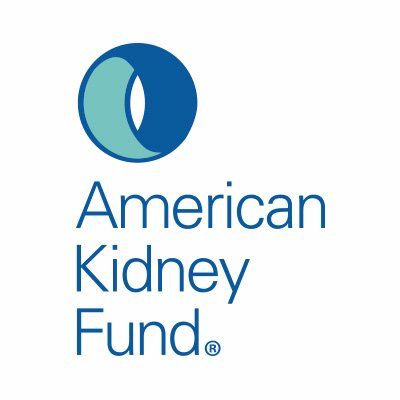Article
American Kidney Fund Launches Awareness Campaign for Primary Hyperolaxuria
Author(s):
Individuals with PH are often undiagnosed or misdiagnosed; therefore, the exact prevalence of the disorder is unclear.

Primary hyperoxaluria (PH) is a rare genetic disorder that can lead to recurrent kidney stones and kidney failure. There are 3 main types of PH – I, II, and III — with PH I being the most severe and common among patients.
The precise incidences and prevalence of the disorder is unknown, as many individuals remain undiagnosed or misdiagnosed. Nevertheless, it is considered to affect males and females equally and European Americans more frequently than African Americans.
Current estimates place the prevalence of PH I at 1-3 cases per 1 million in the United States with fewer than 1000 individuals with PH.
A campaign launched by the American Kindey Fund (AKF)—developed with support from Alnylam Pharmaceuticals Inc., with content developed in partnership with the nonprofit Oxalosis & Hyperoxaluria Foundation (OHF)—aims to elevate awareness of the disease, as well as increase resources and education for affected individuals and families.
Mike Spigler, Vice President of Patient Services and Kidney Disease Education, AKF spoke with HCPLive® about the importance of the campaign for the healthcare and rare disease community.
HCPLive: Tell me about this campaign, its role, and your goals for it.
Spigler: AKF has been focusing a lot more on the kidney rare disease community the last couple of years, which has been driven by a couple of different things.
One of these reasons is that we have one of the largest databases of patients with kidney failures in the country. We assist about 1 out of every 6 dialysis patients in the country with some form of financial assistance. In addition, 1615 patients last year received a kidney transplant—that's about 7% of all kidney transplants in the United States last year.
So, we have this huge database. As part of out our database, we have all kinds of information on our patients, including the primary cause of their kidney failure.
This all started in looking at the prevalence of some other rare diseases—not necessarily PH, because it is so ultra-rare. We also found a number of patients in our database that don't know what caused their kidney failure.
Fourteen percent of our patients have no idea what caused their kidney failure, which is staggeringly high, and much higher than about 5% that you see nationally.
We've been really trying to focus on these different rare diseases. And so, we've been reaching out to some of the other rare disease organizations. We brought a lot of them together on December 1 for a summit.
One of these organizations was the Oxalosis and Hyperoxaluria foundation, and they cover all types of PH. Therefore, we worked in partnership with them to develop this material.
We would use AKF as a wide umbrella to help find some of these patients and educate them. We have no aspirations of trying to hold onto these patients. But we're trying to find these patients that have these rare diseases and create partnerships and pass them off to these rare disease organizations to do that.
Sometimes it's hard to have these conversations with people about rare diseases, especially if there is no treatment and cure for it.
That has been the case with polycystic kidney disease (PKD) for quite some time, but now there are treatments for that. We have actually done some work on expanding our PKD content recently too.
The same goes for PH. There is a treatment available for PH 1. There are trials ongoing showing off the promise for PH 2 and PH 3. So now is the right time to try to find these patients, so they can start having the conversations to understand options for themselves and their family.
In your press release you mentioned specific efforts, such as encouraging genetic testing, findings ways to better facilitate conversations among affected families, among other campaign efforts. Can you talk more about these actions you are taking?
One of the main reasons behind this campaign is trying to foster these conversations between already diagnosed patients and their families. In the middle of January, we did a Facebook Live on PH, which is archived on our website.
Here's great example of what we're trying to do with this campaign: We had a patient named Billy that we've talked to. He is an adult patient that was diagnosed. PH can present in infants all the way up to adults. So, he had adult-onset PH.
Basically, he developed kidney failure, and he needed a kidney and liver transplant. He tried to have this conversation with his siblings about getting the genetic testing for PH to have it done, and it had just fallen on deaf ears.
So, one of the things we and OHF worked with Billy on was a 'talk to your family' guide about PH.
How do you have those conversations? How do breach that conversation? It can be a scary thing for people—to have a genetic test, to find out you have something. And you may be tempted to think, 'well, that hasn't bothered me yet. Who cares even if I have it?
The main theme I would say is eliminating some of the fear and stigma around PH and giving patients that have it the tools to talk to their family members about it.
Is there anything else you want to add about PH or your campaign?
We're just grateful to innovators in this space that have helped—not only in this particular rare disease, but several others in the last 3-5 years. They have really strived to provide help to our patients who've otherwise had none.
We're very thankful of the attention that kidney disease has been getting recently.





